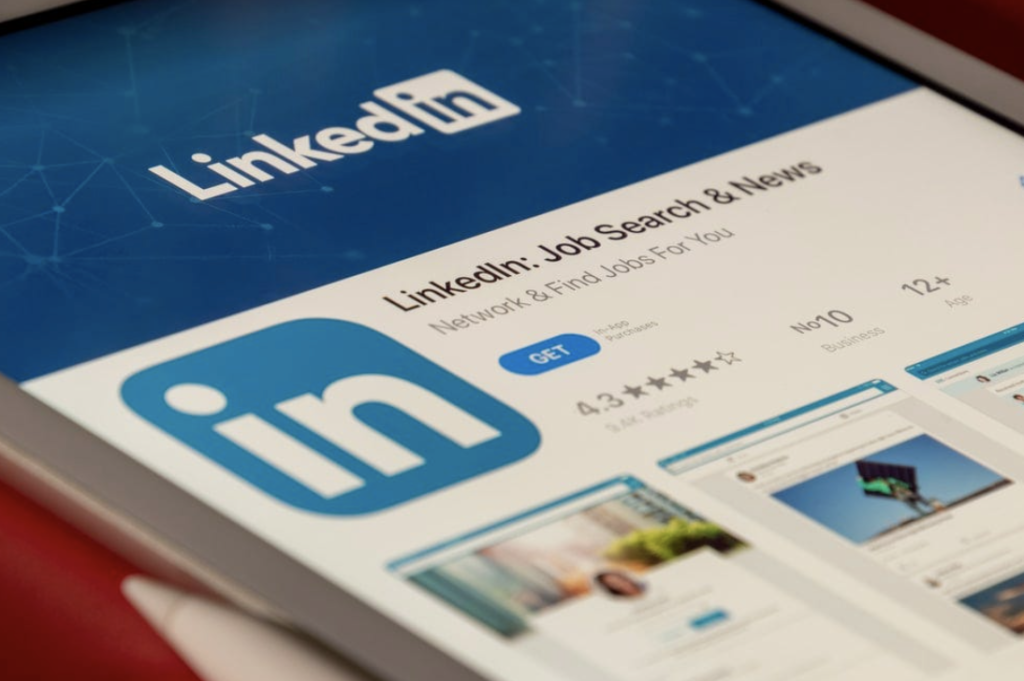The Web3 and crypto space has been growing rapidly growing and gaining steam over past couple of years.
We have seen a shift from Web 2.0 to Web 3 with this change largely due to the increased use of blockchain technology and its potential to bring about a decentralised society. The rise of new platforms, companies, DAOs and projects launching has also contributed to this growth. But what do these things all have one thing in common? Communities. Despite the crypto market going up and down, Web3 communities remain strong and keep on growing every day. So how do you grow a strong online Web3 community? Continue reading for more.
If you’re involved Web3 or crypto and a part of a project, you’ve probably heard the advice “build community first!”. The reason this is important is because your community will be what drives adoption, growth and ultimately the success of your project or token. Building an online community can be beneficial if you’re looking for different ways to grow your business or brand while engaging customers on social media platforms such as Discord, Telegram or Twitter. It will also help spread awareness about any upcoming launches, events or promotions you run so your audience won’t miss out on anything important happening.
The biggest problem with Web2 communities is that they are not incentivised to help you. They are incentivised to make money, or at least to not lose money. It’s not their fault — it’s just the nature of the beast. They have no incentive to fix your problem unless it’s going to make them more money in some way, shape, or form. Web3 communities are an entirely new way to create value, organise, and participate in the world. The Web3 community is a place where people can come together to share their insights, ask questions, and get answers from other people who have similar interests. It’s a place where they can create content that they want to see, in a format that they find useful.
Despite the benefits, it can be challenging and you can feel like you’re spending time talking to yourself at times, but you’ll be glad when your community becomes self-sustaining! If you have the resources and desire to build a vibrant community, here are some tips:
Understand what goes into making a community.
A community is not just a group of people with similar interests; it’s also a group of people who share values and principles that connect them in some way. A good example is Reddit’s /r/bitcoin subreddit, which has over 500k subscribers and covers topics ranging from cryptocurrency news to use cases for blockchain technology. The moderators obviously care about this topic since they’re willing to dedicate their time to moderating an active forum where others discuss it as well! Find out what your audience is interested in, what motivates them and what gets them excited.
To create a community, you need to be a good host.
You have to listen to your members and make them feel welcome. You can’t be afraid of asking questions because that shows that you care about them as people, not just users. The best hosts are always learning from their members and taking what they learn back with them so they can use it when interacting with others in different ways. A great host should also be open-minded enough to expand on topics at hand or offer suggestions based on different experiences they might have had in similar situations — all while remaining aware of how someone else would take such information being imparted upon them (i.e., don’t make assumptions about anyone else’s knowledge or experience).
Build a shared vision for your community
Before you start, it’s important to understand the problem or opportunity that your community can solve. You want to build a shared vision for the purpose of your project or platform so that people know why they should join and participate. Your first step is defining what success looks like. How will you measure whether or not this project is successful? Establish quantifiable metrics such to evaluate whether your Web3 community building efforts and its impact on your wider goals are proving effective.
Don’t doubt yourself and just get started
If you’ve never been involved in building an online community before, this can be daunting because there are so many different ways to approach it depending on the type of platform used (Telegram groups vs Reddit).You’re building something bigger than yourself; just get started. Be ambitious but stay realistic — you don’t have to achieve everything at once! Start small and build up from there over time until eventually you reach where you want things to be.
Reward your community and offer incentives
Through bounties, giveaways and other rewards, you have an easy way for anyone in your Telegram group, subreddits or other platforms to submit content that can be rewarded by tokens or NFT rewards. This can help grow engagement and an increased member base faster than manual methods alone. Give back to your community and allow them to be a part of what you are building.
Don’t forget about why members of your Web3 community are your greatest asset
Your users are the ones who are actively using your product or platform, who know its features and benefits best, and who can give you valuable feedback on how to improve. They are also the ones who will help you gain new members by recommending you to friends and family members, or by writing reviews about you on social media platforms like Discord or Twitter. They can also be turned into loyal customers if they like what they see!
Hire a moderator or community manager
Sometimes in life to scale results you have to put the investment in. Have moderators in charge of making sure only quality posts go through your groups— this creates a barrier and discourages spammers from submitting links that don’t contribute anything meaningful to the conversation. It also creates an element of exclusivity with people needed to be accepted to have access. Moderators can also ensure that a constant level of engagement is also maintained by doing polls and creating conversation starters with members. Having a moderator also takes time off your hands to do the other important things like actually building your project.
I hope some of these tips help to demystify the process of starting and growing a Web3 online community. Building a Web3 community requires planning and strategy, but also a lot of hard work. You need to think about what motivates people to join your community, how to communicate with them, and how to build trust between you and your users. Communities are helping to pioneer the Web3 movement, promising to overcome the broken structures experienced with Web2 platforms. They are helping to change the way we engage with audiences — empowering them rather than profiting off of them. Building something that can become be beneficial and useful for many people is no small feat, but as long as you’re willing to put in the work and keep your eye on the prize, you’ll be contributing to the growth and mass adoption of Web3.
Learn more about Crypto & Web3 over at CryptoSessions and follow me on Linkedin her





